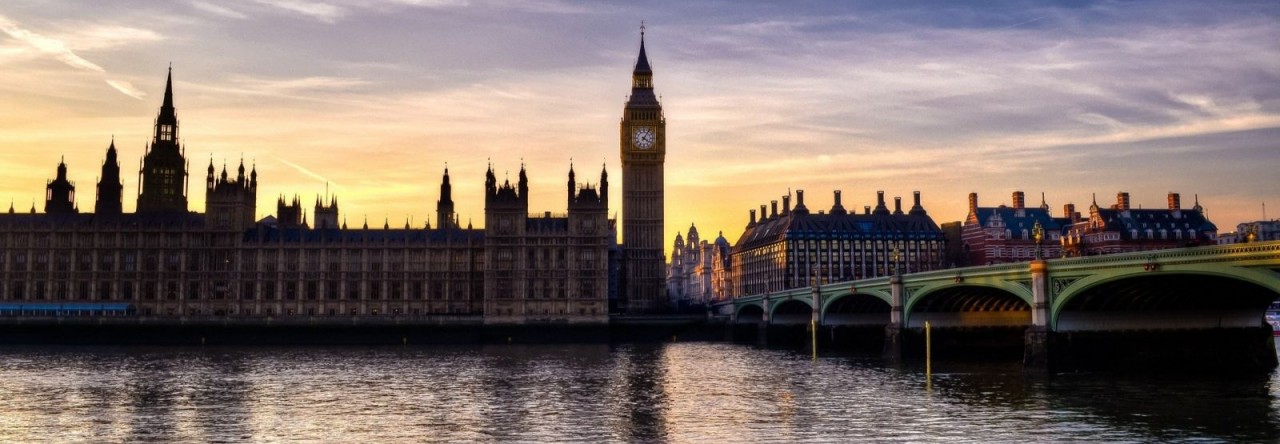http://www.ef.com/english-resources/english-grammar/type-2-conditional/
FORM
In a Type 2 conditional sentence, the tense in the ‘if’ clause is the simple past, and the tense in the main clause is the present conditional or the present continuous conditional.
| If clause (condition) | Main clause (result) |
|---|---|
| If + simple past | present conditional or present continuous conditional |
| If this thing happened | that thing would happen. |
As in all conditional sentences, the order of the clauses is not fixed. You may have to rearrange the pronouns and adjust punctuation when you change the order of the clauses, but the meaning is identical.
EXAMPLES
- If it rained, you would get wet.
- You would get wet if it rained.
- If you went to bed earlier you wouldn’t be so tired.
- You wouldn’t be so tired if you went to bed earlier.
- If she fell, she would hurt herself.
- She would hurt herself if she fell.
FUNCTION
The type 2 conditional refers to an unlikely or hypothetical condition and its probable result. These sentences are not based on the actual situation. In type 2 conditional sentences, the time is now or any time and the situation is hypothetical.
EXAMPLES
- If the weather wasn’t so bad, we would go to the park. (But the weather is bad so we can’t go.)
- If I was the Queen of England, I would give everyone a chicken. (But I am not the Queen.)
- If you really loved me, you would buy me a diamond ring.
- If I knew where she lived, I would go and see her.
It is correct, and very common, to say “if I were” instead of “if I was” (subjunctive mood).
EXAMPLES
- If I were taller, I would buy this dress.
- If I were 20, I would travel the world.
- If I were you, I would give up smoking.
- If I were a plant, I would love the rain.
In type 2 conditional sentences, you can also use modals in the main clause instead of “would” to express the degree of certainty, permission, or a recommendation about the outcome.
EXAMPLES
- We might buy a larger house if we had more money
- He could go to the concert if you gave him your ticket.
- If he called me, I couldn’t hear.
THE PRESENT CONDITIONAL TENSE
The present conditional of any verb is composed of two elements:
would + the infinitive of the main verb, without “to”
| Subject | + would | + infinitive |
|---|---|---|
| He | would | go |
| They | would | stay |
TO GO: PRESENT CONDITIONAL
| Affirmative | Negative | Interrogative | Interrogative Negative |
|---|---|---|---|
| I would go | I wouldn’t go | Would I go? | Wouldn’t I go? |
| You would go | You wouldn’t go | Would you go? | Wouldn’t you go? |
| He would go | He wouldn’t go | Would he go? | Wouldn’t he go? |
| She would go | She wouldn’t go | Would she go? | Wouldn’t she go? |
| We would go | We wouldn’t go | Would we go? | Wouldn’t we go? |
| They would go | They wouldn’t go | Would they go? | Wouldn’t they go?
|


Залишити відповідь